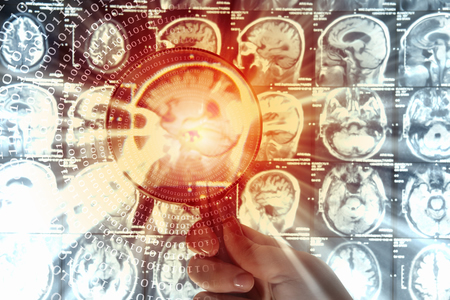A clinical trial of an experimental treatment for Parkinson’s disease has commenced at Kyoto University Hospital in Japan. The trial is investigating whether stem cells injected into the brains of patients with Parkinson’s disease can develop into normal, healthy dopamine-producing cells and replace the cells that have been damaged by the disease. The go-ahead for the trial was given following a successful trial on monkeys.
Globally, Parkinson’s disease affects around 10 million people. While there are treatments for Parkinson’s disease that can provide short-term relief of symptoms in the early stages of the disease and drugs that can be used to control dyskinesia in the latter stages, there is currently no cure. While Parkinson’s disease is not fatal, patients suffering from the disease often have complications that can be deadly and the disease dramatically affects quality of life.
Parkinson’s disease involves the loss of nerve cells in the substantia nigra region of the midbrain – the part of the brain where the neurotransmitter dopamine is produced. Dopamine is required by the body to control and coordinate movement. The cause of the loss of nerve cells is not known.
The clinical trial in Japan involves injecting induced pluripotent stem cells (iPSCs) into the substantia nigra region of the midbrain. iPSCs can develop into any cell type in the body. Once they have been injected, they are expected to develop into healthy dopamine-producing cells which will replace the cells that have died. The iPSCs were taken from human donors and were used to create dopaminergic progenitor cells. In total, 4.8 million cells dopaminergic progenitor cells will be injected into each patient: 2.4 million in each side of the brain.
So far, one patient has signed up for the trial and has received the first injection of 2.4 million cells in the left side of his brain in a procedure that took three hours. The patient is now stable and will be monitored for the next six months. Provided there are no adverse effects, a further 2.4 million cells will be injected into the right side of his brain and the patient will be monitored for a period of two years. The researchers hope to recruit up to six more patients aged between 50 and 69 for the study.
